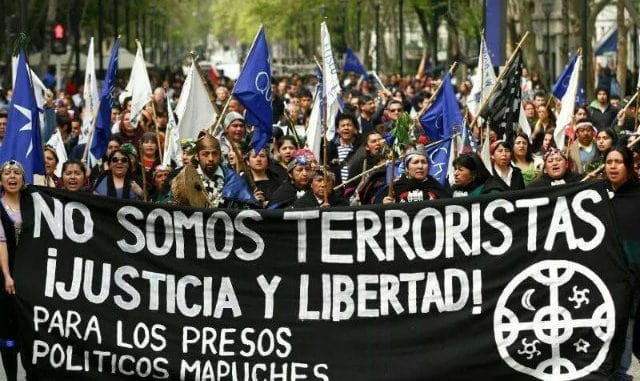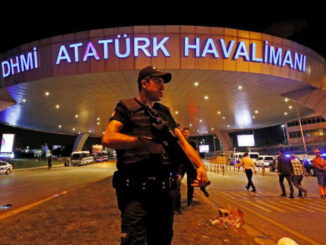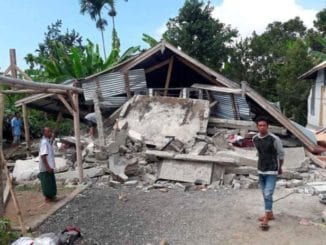
GENEVA – The United States experts have urged Chile not to prosecute indigenous Mapuche people under the country’s anti-terrorism legislation.
The call comes ahead of a hearing in the case of a group of four Mapuche community members who were arrested in June 2016 on charges of arson, and have remained in custody since then on pre-trial detention orders issued under the anti-terrorism law.
Chile’s Mapuche prisoner ends hunger strike after 118 days
“The charges against these men should urgently be reviewed and they should be afforded the fair trial guarantees they would receive under the ordinary justice system,” the U.N. experts said in a statement on Friday.
“These members of an indigenous community have been deprived of their liberty for 16 months. The anti-terrorism law does not offer the necessary guarantees for a fair trial, and its use risks the stigmatization of the indigenous community. It also puts in doubt the suspects’ right to be presumed innocent.”
They added: “We urge Chile to refrain from using the anti-terrorism law to deal with events that occurred in the context of social protests by Mapuche peoples seeking to claim their rights.”
Majority in Chile believe Mapuche don’t consider themselves ‘Chilean’
The experts also stressed that legislation against terrorism had to be precisely worded to ensure that it applied only to situations that truly threatened national security.
“The anti-terrorism law must be revised to avoid using undefined legal terms, as they allow its application to situations that should be regulated by the ordinary justice system,” they continued.
“The application of anti-terrorism legislation weakens the possibility of a fair trial and makes it less likely that the truth of what happened will be established.”
‘The Ultimate Border’: Chilean students discover Mapuche history with new video game
Chile had previously given assurances that the anti-terrorism law would not be used against Mapuche community members, they added, noting that this was not the first time that human rights concerns had been raised over the issue.



